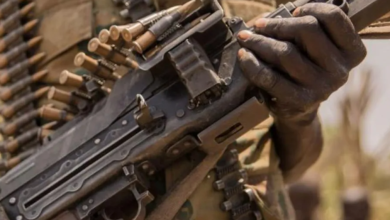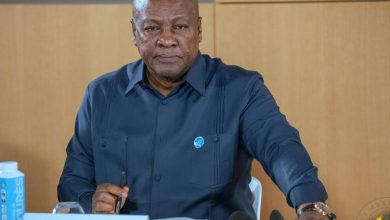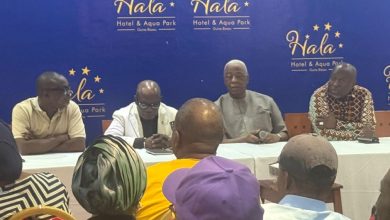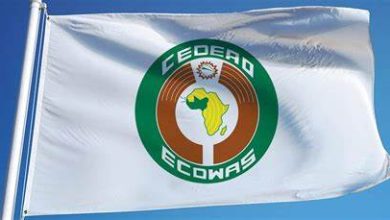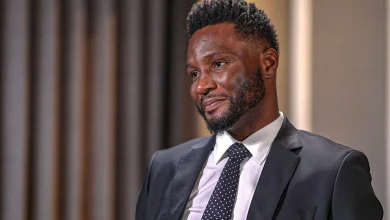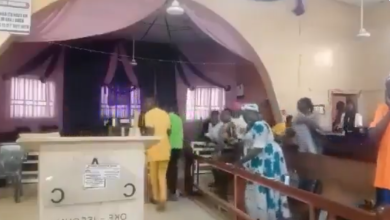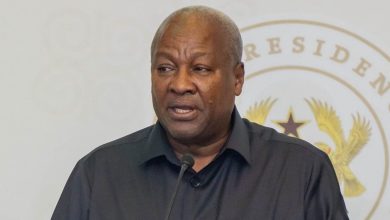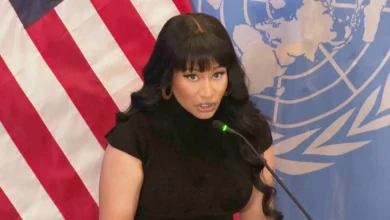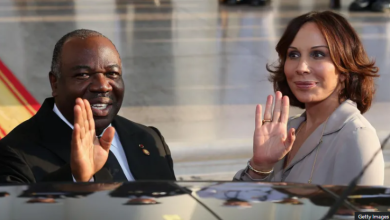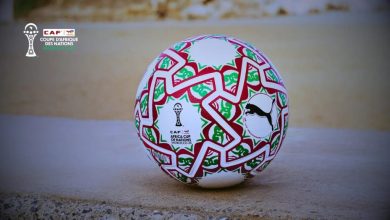Motion filed at ECOWAS Court to sanction Cape Verde over Alex Saab case
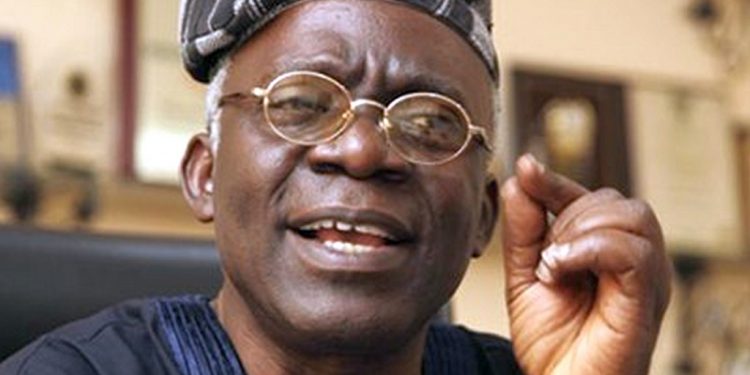
A motion has been filed at the ECOWAS court seeking to get the ECOWAS community to sanction Cape Verde.
Famed Nigerian lawyer, Femi Falana who filed the motion wants the community to take the action against Cape Verde over its refusal to comply with the ruling of the ECOWAS Court on the matter of embattled Venezuelan businessman Alex Saab.
The ECOWAS court on March 15, 2021, in a ruling, ordered Cape Verde to release Alex Saab who had been in custody for about nine months, on the basis that his arrest in June 2020 was arbitrary and illegal.
It said there was no Interpol red notice for Saab’s arrest at the time Cape Verdean authorities actually arrested him on the instructions of the US.
The court also ordered Cape Verde, which had already agreed to extradite him to the US to face charges there to stop all such processes.
It again awarded a $200,000 fine against Cape Verde to be given to Mr. Saab as compensation.
But the island country through its top officials including the Prosecutor General, Dr. Luís José Tavares Landim have indicated that they will not change their position on Saab’s extradition neither will they comply with the ECOWAS court’s ruling, noting that the court’s decision was not binding on them.
The Cape Verde Supreme Court a day after the ECOWAS court’s ruling also delivered a counter-ruling, approving Mr. Saab’s extradition and stressing on the point that it was not bound by the ECOWAS court’s decision.
Femi Falana, who led the defence team of Alex Saab at the ECOWAS court together with another defence lawyer in Cape Verde, Dr. José Manuel Pinto Monteiro has already written to authorities in Cape Verde reminding them of their obligation to comply with the court ruling but that has not changed the situation.
Femi Falana in a statement said Cape Verde must be sanctioned in accordance with laid down procedures as a member state of ECOWAS for disregarding the community court.
“Sanctions”
In the motion, Falana called for a travel ban to be imposed on some top officials of Cape Verde and their family members across the sub-region.
These officials include; Jorge Carlos de Almeida Fonseca, President of Cabo Verde; José Ulisses de Pina Correia e Silva, Prime Minister of Cabo Verde; Rui Alberto de Figueiredo Soares, Minister of Foreign and Community Affairs and Minister of Defense of the Republic of Cabo Verde.
Others are; Paulo Augusto Rocha, Minister of Home Affairs of Cabo Verde;Janine Tatiana Santos Lélis, Minister of Justice and Labour of Cabo Verde and Luís José Tavares Landim, Prosecutor General of the Republic of Cabo Verde.
Falana said Cape Verde should also be stopped from receiving new ECOWAS loans while ongoing disbursements for running projects be suspended.
In addition to that, he said the voting rights of Cape Verde in ECOWAS must be suspended over its action.
Falana’s motion also pushed for Cape Verde to be stopped from participating in the activities of ECOWAS.
“It should be noted that Cabo Verde despite the previous posturing had eventually complied with the Court’s earlier decision of December 2, 2020, which ordered Cabo Verde to transfer Mr Saab under house arrest. Cabo Verde’s behaviour is unacceptable and flies in the face of its international obligations as well as centuries-old international law governing the movement of diplomats and political agents… If Cape Verde is allowed to continue down the path which it is currently travelling the consequences for the conduct of global diplomacy will be catastrophic” he stated.
Binding nature of the ECOWAS court’s decision
One of Cape Verde’s major argument in relation to the ECOWAS court’s judgement is the fact that it did not sign the protocol in 2005 hence cannot be held bound by it.
But Falana challenged that notion, pointing out that 14 out of 15 member states signed the Protocol, but only 9 out of 15 is required to be binding.
“Cabo Verde participated fully in the process and never objected since 2005 and that when the Gambia tried to change the human rights mandate of the court in 2009 Cabo Verde voted against it. Others are that there is a principle of estoppel in international law which means you cannot change your mind and position just to suit your immediate needs and also that Cabo Verde through Henrique Borges participates fully in the process.”
It is unclear when the ECOWAS court will consider the motion, meanwhile, Mr. Falana and Dr. Pinto Monteiro, have indicated that they will appeal the counter-judgement of the Cape Verde Supreme Court.

